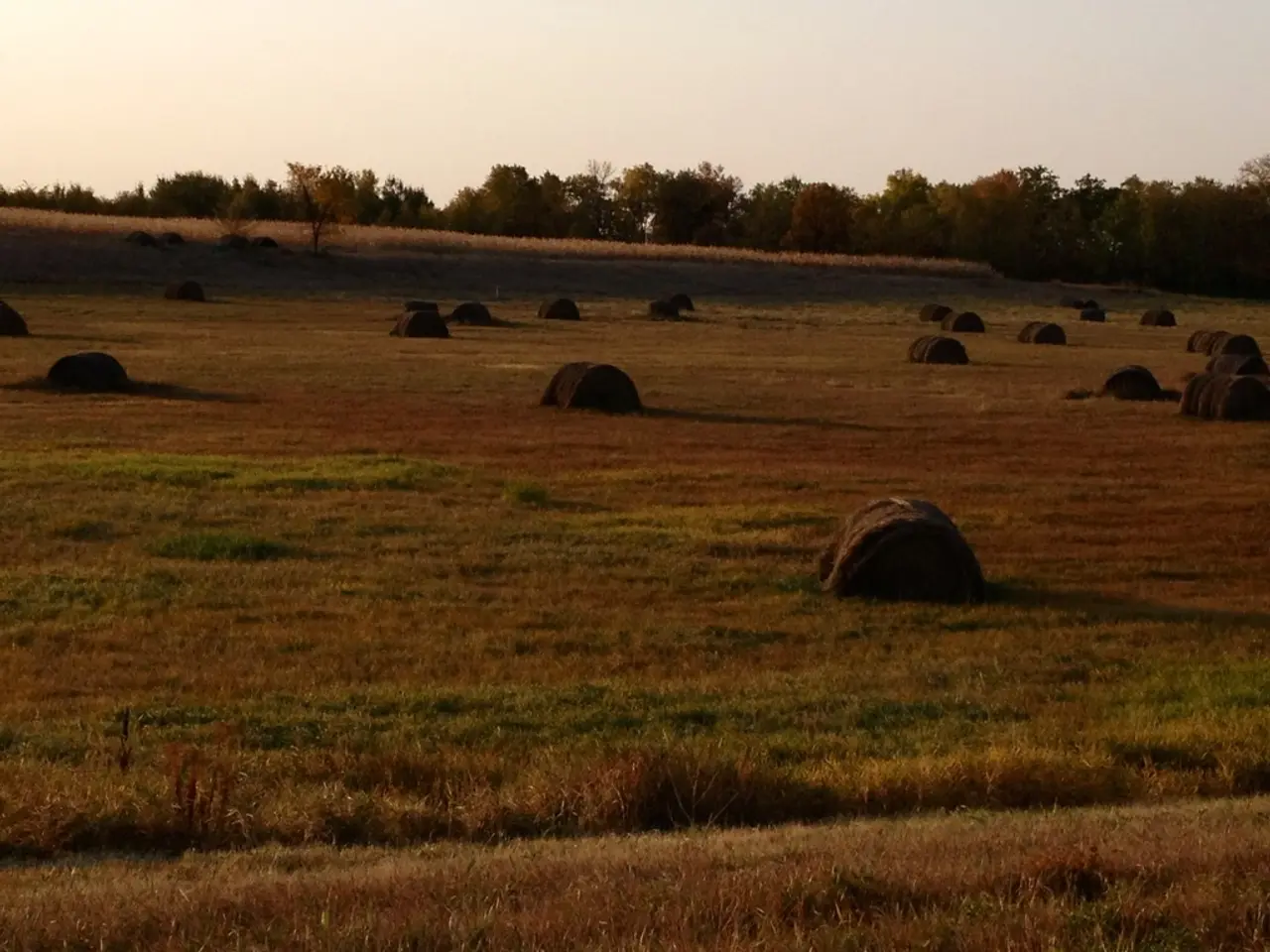Increasing restrictions on tent dwellers
In Germany, wild camping, or camping outside of designated campgrounds, is a popular yet regulated activity. With the growing number of nature enthusiasts, new camping regulations have been introduced to address concerns such as overcrowding, waste problems, noise pollution, fire hazards, and the protection of flora and fauna.
While wild camping is mostly prohibited, there are designated areas and specific conditions where it is allowed. For instance, around 57 designated Boofen areas exist in the Elbe Sandstone Mountains for climbers. These areas allow camping under rock overhangs or in caves, but activities like fire-making are prohibited to protect the national park environment.
In states like Bavaria, Rhineland-Palatinate, North Rhine-Westphalia, Hamburg, Hesse, and Berlin, pitching a tent in open landscapes is somewhat tolerated but still regulated. On the other hand, other states like Lower Saxony, Saxony, Saxony-Anhalt, Thuringia, and Saarland strictly prohibit wild camping everywhere outdoors without exceptions.
Schleswig-Holstein offers certain Naturlagerplätze (natural camping sites) provided by the state and private landowners, offering legal options for camping within nature. In Brandenburg, camping is permitted on private land for walkers, cyclists, horse riders, and water travelers with proper authorization, provided it does not conflict with conservation regulations.
However, wild camping is generally forbidden in nature reserves, federal hunting reserves, forests, meadows, and wetlands throughout Germany. Special care must be taken near mountain huts and bird nesting areas.
For those who wish to engage in legal and safe wild camping in Germany, it is advisable to use designated areas or official campsites and respect local rules and environmental protection laws. The fines for wild camping violations vary greatly depending on the federal state, with penalties reaching up to 5,000 euros in Mecklenburg-Vorpommern and Brandenburg.
Alternatives for overnight stays include Alpaca Camping, Campspace, or Park4Night. It is also allowed to sleep one night on a parking lot to restore your ability to drive according to the Road Traffic Regulations, but no table, no chairs, no grill are allowed.
Sustainable camping solutions from BOXIO, such as the separate toilet, mobile sink, or gas stove, can help one stay flexible, hygienic, and nature-friendly while camping. The compact Eurobox system from BOXIO can help organize equipment for camping without wild camping on the road. The BOXIO Cook is a mobile gas cooker ideal for cooking legally on a private place or campsite without a large camping kitchen.
In conclusion, wild camping is mostly prohibited except in certain designated areas or under specific conditions. It is important for campers to check the local regulations of the federal state or national park and seek out designated sites (like Boofen or Naturlagerplätze) where camping is allowed. By respecting the rules and the environment, everyone can enjoy a safe and enjoyable camping experience in Germany.
- Given the multitude of regulations, those seeking an 'outdoor-living' experience might consider the Naturlagerplätze in Schleswig-Holstein, as they offer legal options for camping within nature.
- Camping in states like Brandenburg can be permitted on private land for certain activities, like walking, cycling, or horse riding, but only with proper authorization and in accordance with conservation regulations.
- For individuals interested in 'sports-betting' and 'travel', exploring alternatives like Alpaca Camping, Campspace, or Park4Night could offer unique and legal overnight stays during their journeys, as sleeping one night on a parking lot is allowed, given certain conditions.




